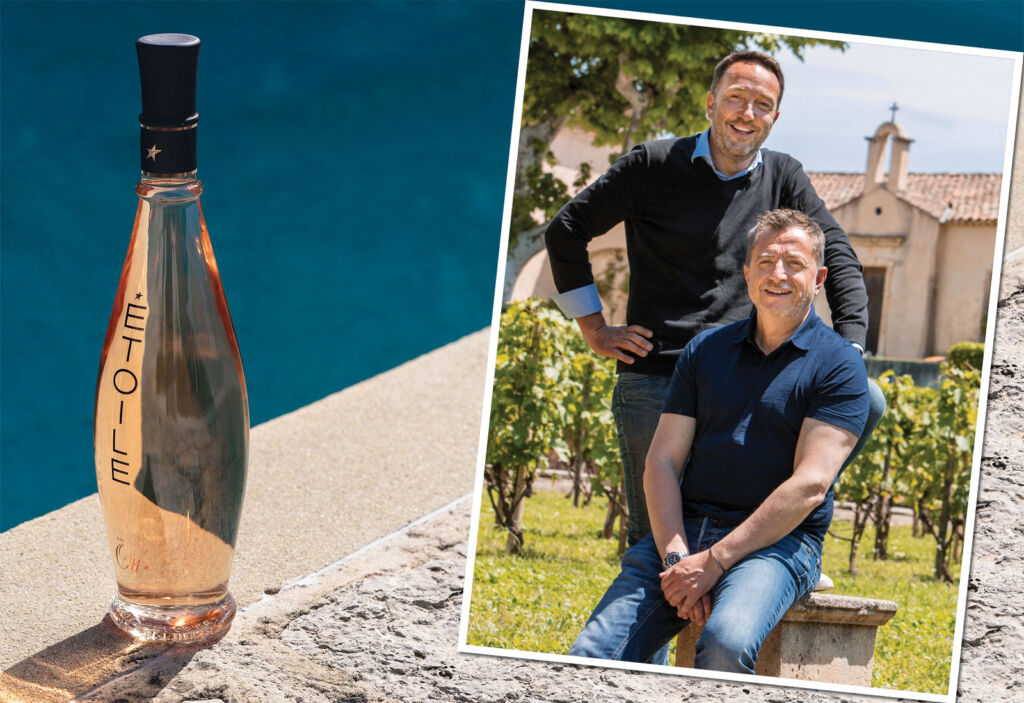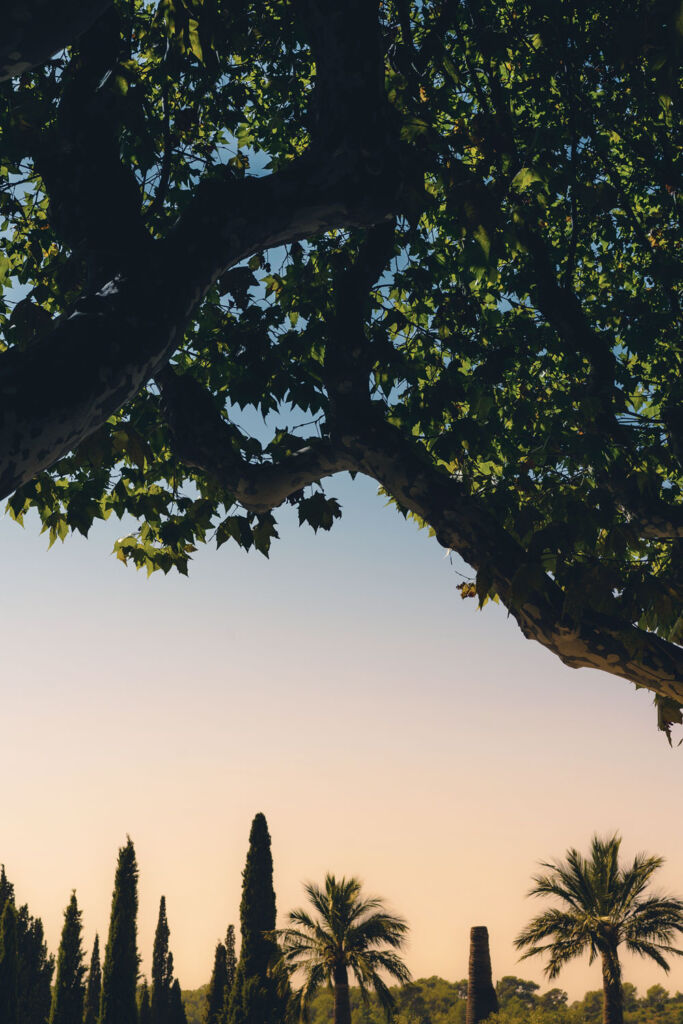

Anything that is ‘a first’ will always be atop our editorial radar, and the Étoile 2019 fits the bill perfectly. This luxury rosé is the first ‘SuperProvence’ wine, and Helena Nicklin couldn’t resist uncovering what makes it so special.
The world of wine is so deliciously diverse, with specific regions and vineyards creating unique wines that sing of the very place they were created. One reason for the surge in quality globally since the late 1930s was the introduction of strict, winemaking rules in Europe, started by the French (heard of AOC? That stands for Appellation d’Origine Contrôlée, which means ‘Controlled Designation of Origin’.) This is one example.
It was these kinds of rules that told European producers which grapes they could use, how big their yields could be and what they could and couldn’t do with their juice.
The sole aim of this was to maintain the integrity and quality of wines from their particular regions. This is why nowadays, Bordeaux wine can only come from the Bordeaux region; that only sparkling wines from the Champagne region can be called Champagne etc.
The customer needs to know what they are getting and what they are paying for – and this has served the wine world well.
It established a benchmark for reliably, high-quality wines across Europe and had knocked on effects across the world. In recent years, however, there has been an exciting movement in wine – and one that could never have happened without the rules being there in the first place: the rise of the ‘Super’ Wine.
What is a Super Wine?
A ‘Super’ wine is one that has broken the winemaking rules, usually with the aim to create the best possible wine from a place. What this usually means in practice is using grape varieties that are not officially permitted in that region, but that the producer feels will fare very well regardless, or blending grapes from different designated regional zones or ‘appellations’.
The result is often a unique, high-quality wine, but one that can only denote ‘table wine’ or equivalent on the label.
The most famous style of Super wine that any wine lover might have heard of is probably ‘SuperTuscan’. This term was coined to describe a wine originally created by Tuscan wine producer Tenuta San Guido in 1945 that broke the rules at the time by using Cabernet Sauvignon and Cabernet Franc rather than the standard Sangiovese.


It’s owner, Mario Incisa della Roccheta, was a huge Bordeaux fan and was determined to make a similar style of wine on his own land in Tuscany, so he studied what was needed to create great wine, found a spot with the right, stony soil, aspect and conditions and made the wine he wanted to drink.
Fine wine takes time, trial and error, and it was 1968 before the first commercial vintage wine was created. Its name was Sassicaia, and this ‘table wine’ went on to beat famous Bordeaux wines in blind tastings and grew a huge fan base.
Eventually, in 1983, Bolgheri, where Sassicaia was created, was awarded its own regional status. So, what’s happening over in France in this vein?
Time for a Super Provence Rosé?
Provence is famous for its world-class pinks. It’s safe to say that this is very much the region of choice globally for high quality, dry, rosé wines with a moreish, saline tang and interesting bottle shapes.
It’s appellations (legally defined and protected geographical areas) set the bar for quality pinks, and we now see the region split into various sub-appellations, which take into account their specific soils types, topography and more.
It is against this backdrop that we look at the birth of an incredibly exciting new wine made by the Godfathers of Provençal rosé themselves: Domaines Ott*.
Marcel Ott founded their first winemaking site back in 1896, and while he made white wine too and pioneered the skittle-shaped bottles that so many others have copied, he was the one to put the classic, Provençal style of pink on the map and helped to bring the Côtes de Provence AOC to fruition.
Domaines Ott* today have three sites over two appellations in Provence (Côtes de Provence and Bandol), each of which presents very different ‘terroirs’ to work with, i.e., unique combinations of soil and topography.
These are Clos Mireille in La Londe-Les-Maures, Château de Selle in Taradeau and Château Romassan in Le Castellet. Having established themselves as the original Provençal wine producers, making knock-out pink, white and later, red wines across their appellations it is now time for something new – something a little bit special.
Introducing Étoile
Domaines Ott*, owned by the eminent Louis Roederer, is run by the fourth ‘wine’ generation of the Ott family: Jean-François and Christian (main image), who have helped the domaines maintain and grow Ott’s reputation for sustainably made, exceptional, hand-crafted wines.
Together, these two men have worked for years to better understand their grapes and soils in their separate locations, and each knew that they could create something unique by stepping outside the official appellations.
For years they practiced creating a blend of wines from all three of their terroirs, knowing each would add a specific characteristic to the final wine: Clos Mireille brings a classic, sea salt backbone, Château de Selle brings smooth finesse and Château Romassan, structure and depth of flavour. Partially fermented in spherical, ceramic vats to enhance the purity of the juice, this time, with the 2019 vintage, they’ve perfected it.
The result is a distinctive and aromatic wine, with complex, enchanting aromas of nectarine, wild strawberry and something a little darker than both Jean-François and Christian feel captures the very essence of Ott*.
And why, Étoile? Etoile means ‘star’ in French of course, apt for a winery’s top cuvée, but it has been a symbol of the domaines ever since Marcel Ott used to sign his last name, the two T’s combining in his joined-up hand to create a small star.
A simple ‘Vin de France’ it says on the label. However, a simple, ‘Vin de France’ it most certainly is not. This is the next level of Provençal pink, and you can find Étoile 2019 from Domaines Ott* at Ellis of Richmond, Harvey Nichols, Harrods, F&M, Hedonism, Selfridges for £120 a bottle.
Read more guides, articles and reviews on wines in our dedicated section here.
